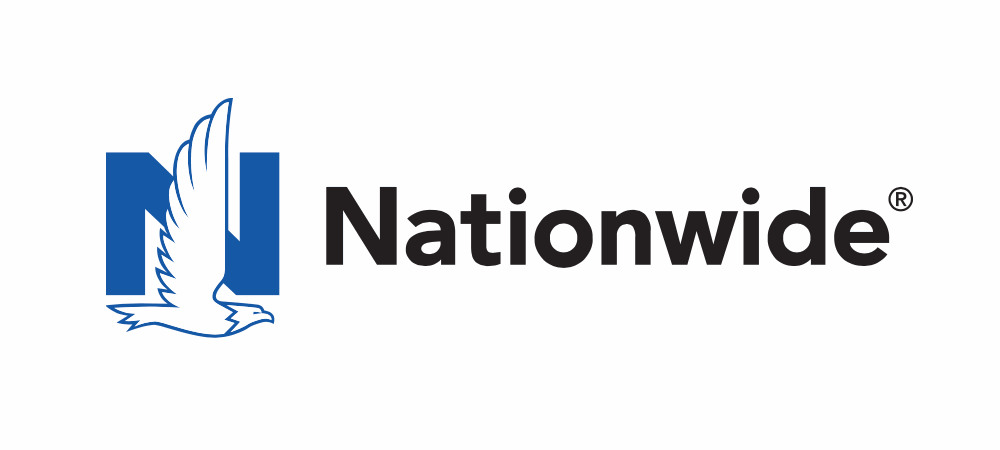- If you want to lock in a good APY on a CD without the risk of early withdrawal penalties, no-penalty CDs can be a good choice.
- Not every no-penalty CD allows the same level of flexible access to your cash.
- The best high-yield savings accounts might offer better APYs than a no-penalty CD.
With the best CDs paying interest rates of 5.00% APY or higher, and the possibility of Fed interest rate cuts looming, many people are thinking about opening certificates of deposit (CDs) in 2024. CDs pay a guaranteed rate of interest for a specific period of time, and are generally considered to be one of the safest investments.
But one big drawback of typical CDs is that they charge penalties for early withdrawal. You have to commit to putting your money into the CD for a certain length of time, or "term." And if you take your cash out of the CD before the term is up, you'll likely owe a penalty. The amount of an early withdrawal penalty depends on the specific bank or credit union's deposit agreement, but these penalties can eat up a significant amount of the interest you'd otherwise earn on a CD.
Fortunately, there is another type of CD that does not charge early withdrawal penalties. It's called a "no-penalty CD." Let's learn more about how this special type of CD works, and why you might want to put your savings into a no-penalty CD.
How no-penalty CDs work
A no-penalty CD works in much the same way as a standard CD. You agree to put your money into the CD for a certain length of time, and the bank or credit union agrees to pay you a certain rate of interest (annual percentage yield, or APY) for the duration of that term.
But with a no-penalty CD, you have the option to withdraw your cash without paying an early withdrawal penalty. This gives you flexibility for how to use your money. If an emergency comes up and you need to pull money out of your no-penalty CD, you won't owe a thing.
However, keep in mind that the money in a no-penalty CD is not as immediately accessible as money in your savings account or checking account. Most no-penalty CDs require you to leave the money in for at least six or seven days after opening the CD. And it might take a few days to transfer your cash from the no-penalty CD back into your bank account. Also, not every no-penalty CD will let you take out all of your money at any time. Some financial institutions offer "flexible CDs" where you can take out money on a one-time basis, up to a certain limit, or only during a few times per year.
We've scanned the most popular banks to find CDs with high interest rates to make your money work harder for you. Get started by clicking below.
Which banks offer no-penalty CDs?
Here are a few banks and credit unions that offer no-penalty CDs, as of Jan. 25, 2024:
- Ally
- CIT Bank
- Marcus by Goldman Sachs
- Synchrony Bank
- America First Credit Union (offers "flexible certificates" with penalty-free access to your cash during the first 5 days of each quarter)
- Climate First Bank (this bank's "Flex CD" lets you access cash with a one-time withdrawal of up to half the original principal balance during the CD's original term)
Choosing a no-penalty CD vs. a standard CD
No-penalty CDs tend to pay lower APYs than standard CDs do. If you want the flexibility of a no-penalty CD, you have to agree to a slightly lower interest rate on your savings. But if you're willing to commit to locking up your money in a standard CD for a certain length of time, banks and credit unions will reward you for this commitment with a higher APY.
For example, as of Jan. 25, 2024, one of the best CD rates we found was a CIT Bank CD with a 6-month term at 5.00% APY. But if you want a no-penalty CD from CIT, the APY would be APY for an 11-month no-penalty CD.
The APYs on certificates of deposit can change at any time, but in general: If you want the flexibility of a no-penalty CD, you will likely have to accept a slightly lower APY.
No-penalty CD pros and cons
Every type of savings account or investment option can have some potential upsides and drawbacks. Let's look at a few pros and cons of no-penalty CDs.
No-penalty CDs: Pros
- More flexible access to cash than a traditional term CD
- Lock in a fixed interest rate on your savings
- APY could be higher than on a typical savings account
- No early withdrawal penalties
No-penalty CDs: Cons
- Some types of no-penalty CDs do not allow unlimited access to your cash
- High-yield savings accounts could offer better APYs
- Traditional CDs usually have higher APYs
Is a no-penalty CD right for you?
If you want to open a CD to use as a safe place to keep your savings and earn a fixed rate of interest, but you don't want the risk of early withdrawal penalties, choosing a no-penalty CD could be a good move. But keep in mind that not all no-penalty CDs offer the same level of flexibility -- some will only let you withdraw part of your money, or only allow withdrawals on certain dates. If you want a good rate of interest and complete flexibility for using your cash, a high-yield savings account might be the best choice for your personal finances.
Browse our top CDs
| Bank & CD Offer | APY | Term | Min. Deposit | Next Steps |
|---|---|---|---|---|
|
Member FDIC.
| APY: 5.10% | Term: 10 Months | Min. Deposit: $0 | |
|
Member FDIC.
| APY: 4.70% | Term: 1 Year | Min. Deposit: $2,500 | |
| APY: 5.05% | Term: 1 Year | Min. Deposit: $1 | ||
| APY: 5.15% | Term: 9 Months | Min. Deposit: $1 | ||
|
Member FDIC.
| APY: 4.75% | Term: 1 Year | Min. Deposit: $500 |
Our Banking Expert
We're firm believers in the Golden Rule, which is why editorial opinions are ours alone and have not been previously reviewed, approved, or endorsed by included advertisers. The Ascent, a Motley Fool service, does not cover all offers on the market. The Ascent has a dedicated team of editors and analysts focused on personal finance, and they follow the same set of publishing standards and editorial integrity while maintaining professional separation from the analysts and editors on other Motley Fool brands.



